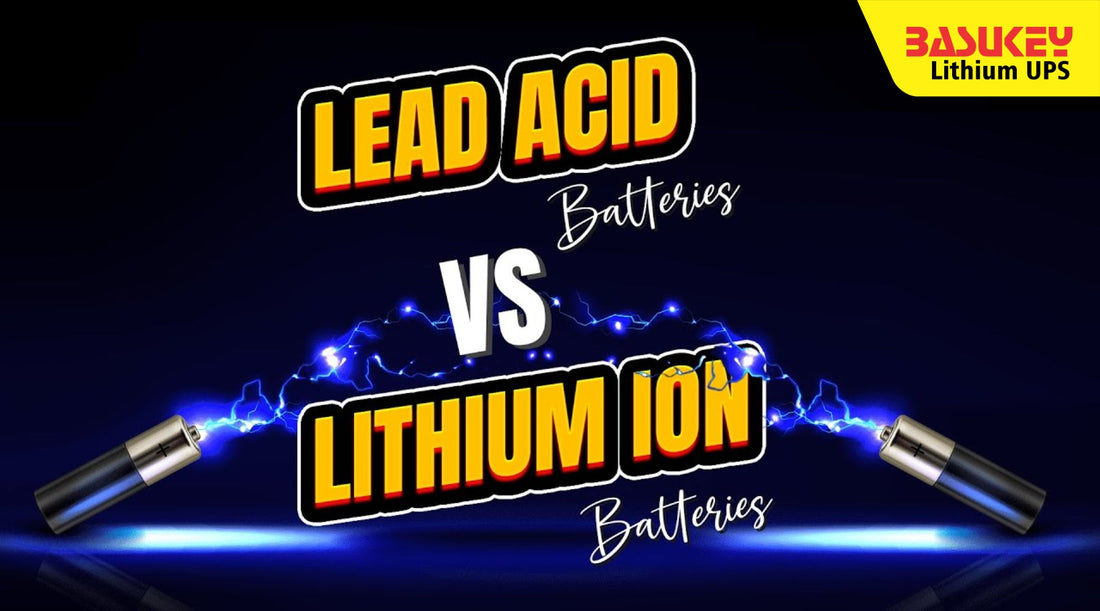
Flow Batteries vs. Lithium Batteries: Which is Better for Grid Storage?
Share
When it comes to storing energy for the grid, two popular options are flow batteries and lithium batteries. But which one is better suited for grid storage? Let's dive into the details and compare these two technologies.
What are Flow Batteries?
Flow batteries are a type of rechargeable battery where energy is stored in liquid electrolytes. These batteries are known for their long cycle life, with some models capable of lasting over 20 years. Flow batteries are also scalable, making them ideal for grid-scale energy storage applications.
What are Lithium Batteries?
Lithium batteries, on the other hand, are the most common type of rechargeable batteries used in consumer electronics and electric vehicles. They are known for their high energy density and efficiency. While lithium batteries have a shorter lifespan compared to flow batteries, they are more compact and have a higher energy density.
Energy Efficiency
When it comes to energy efficiency, flow batteries have an edge over lithium batteries. Flow batteries can achieve efficiencies of up to 85%, while lithium batteries typically have efficiencies around 95%. This means that flow batteries may lose more energy during the charging and discharging process compared to lithium batteries.
Cost Considerations
In terms of cost, lithium batteries are currently more cost-effective than flow batteries. The manufacturing costs of lithium batteries have been decreasing steadily over the years, making them a more affordable option for grid storage applications. However, flow batteries have the advantage of longer lifespan, which can offset the initial higher cost over time.
Scalability
One of the key advantages of flow batteries is their scalability. Flow battery systems can easily be scaled up by increasing the size of the electrolyte tanks, making them ideal for large-scale grid storage projects. Lithium batteries, on the other hand, are limited by the size of the individual battery cells, which can make them less suitable for grid-scale applications.
Which is Better for Grid Storage?
Ultimately, the choice between flow batteries and lithium batteries for grid storage depends on the specific requirements of the project. If scalability and long lifespan are key factors, then flow batteries may be the better option. However, if cost and energy efficiency are the main considerations, lithium batteries may be more suitable.
Both flow batteries and lithium batteries have their own strengths and weaknesses when it comes to grid storage. By understanding the differences between these two technologies, energy storage developers can make informed decisions on which solution best fits their needs.
